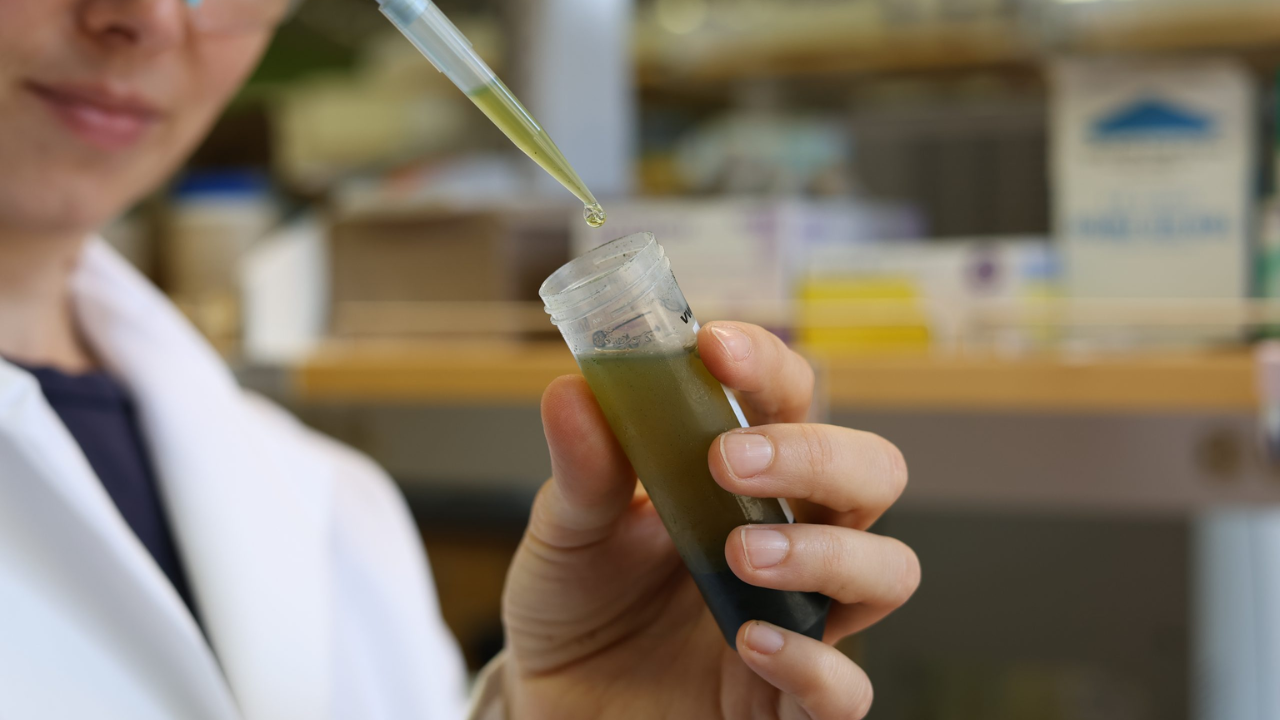Recent water tests in North Georgia have revealed something alarming. High levels of “forever chemicals,” also known as PFAS, were found in the region’s water systems, and scientists are now raising serious health concerns.
PFAS, short for per- and polyfluoroalkyl substances, are man-made chemicals used in a wide range of products like non-stick pans, water-resistant fabrics, food packaging, and firefighting foam.
The problem is that they don’t break down in the environment or our bodies. That’s why they’re called “forever chemicals.” They can build up over time and cause serious health issues.
In this recent round of testing, more than 100 drinking water systems across Georgia were checked. About one-third of them showed PFAS levels higher than what many experts consider safe.
The highest reading in the state came from the city of Summerville, where the water supply had more than 50 parts per trillion (ppt) of PFAS. To compare, the EPA’s proposed limit for some PFAS chemicals is just 4 ppt.
While these levels are below current enforceable limits, many scientists believe even small amounts of PFAS can be harmful. Long-term exposure has been linked to cancer, liver damage, thyroid disease, and developmental problems in children.
Communities in North Georgia, especially those relying on smaller water systems, could be at higher risk. Smaller towns often don’t have the resources or advanced filtering systems needed to remove PFAS effectively. This makes the findings especially worrying for rural areas.
Experts are urging local and state authorities to take fast action. Some environmental groups are calling for stricter standards and more transparency.
They believe the public should know what’s in their water and what’s being done to keep it safe.
Georgia’s Environmental Protection Division (EPD) has said it is working on a long-term plan to address PFAS contamination. In the meantime, some water systems are considering upgrades to their filtration systems to try and reduce the PFAS levels. But those upgrades are expensive, and funding remains a challenge.
Many residents who heard about the test results are now worried. Some are asking whether they should switch to bottled water or buy home filtration systems.
Scientists say that filters using activated carbon or reverse osmosis can help, but they also stress the need for government intervention to solve the issue on a larger scale.
The presence of these “forever chemicals” is not just a Georgia problem. Across the country, PFAS have been detected in thousands of communities. However, the latest test results from North Georgia have brought the issue closer to home and highlighted how urgent the situation is.
As scientists push for more testing and stricter regulations, residents are left with many unanswered questions about the safety of their drinking water. For now, awareness and community pressure might be the most powerful tools to demand cleaner water for all.






